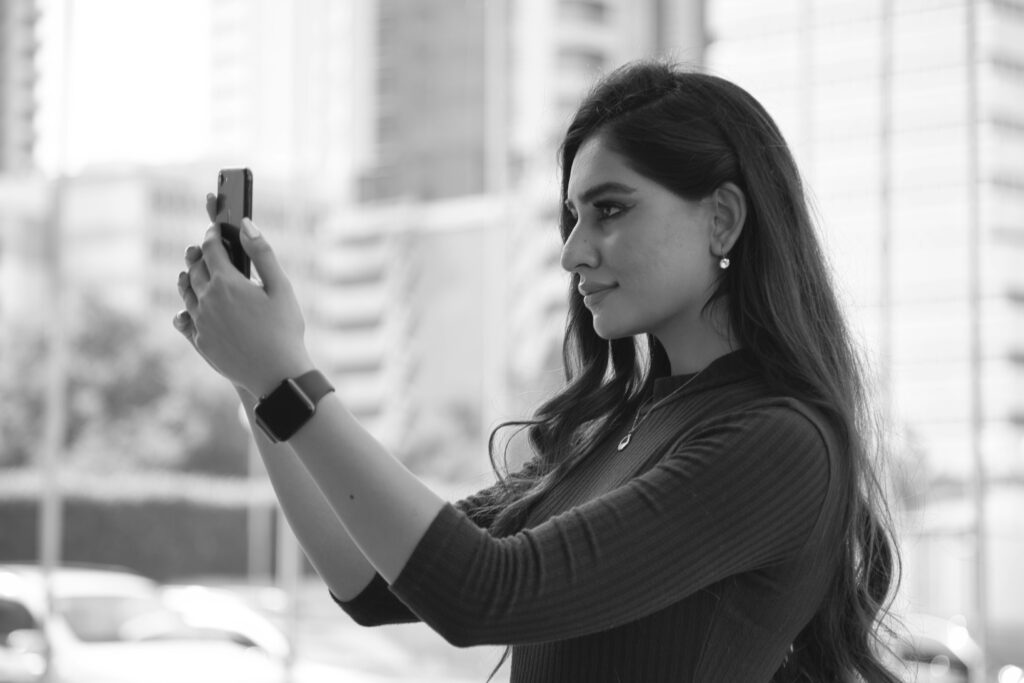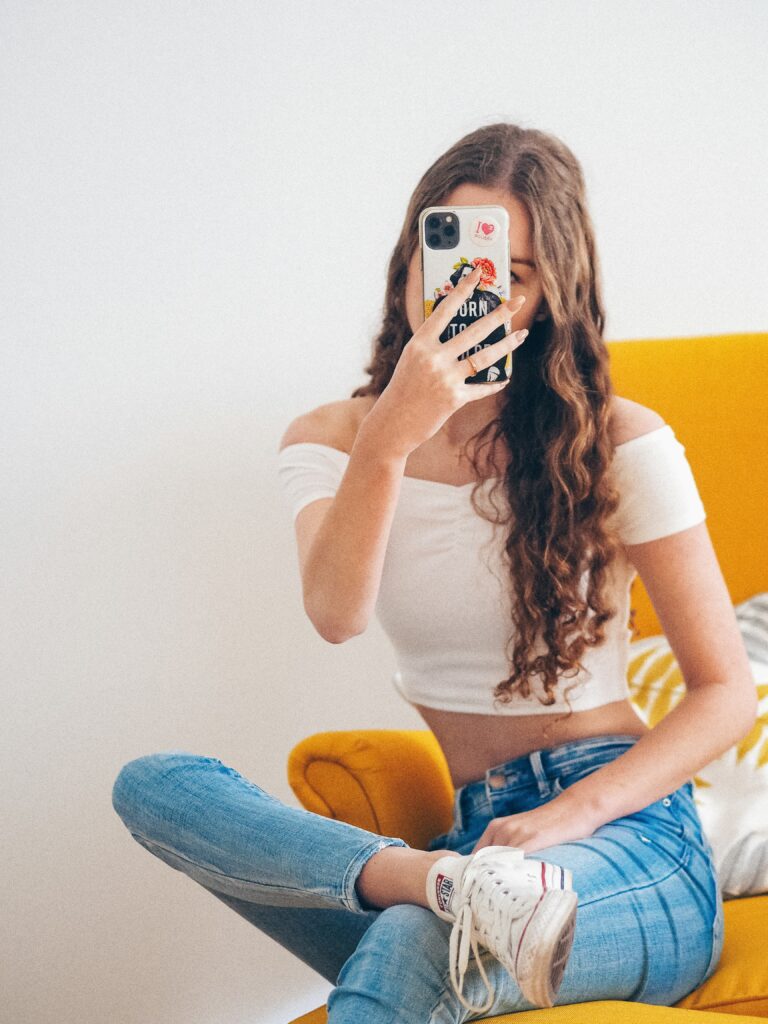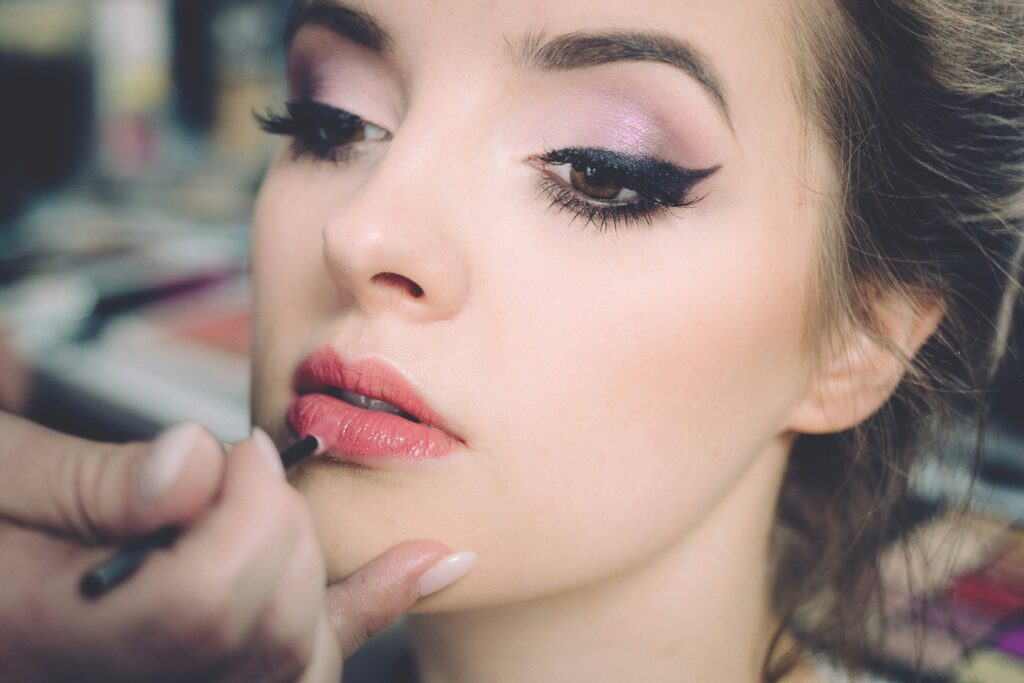
Photo by ABDALLA M on Unsplash
If you want to learn how to use ChatGPT to learn a language, read the blog post here.
Introduction
In today’s digital age, social media has become an integral part of our lives. From scrolling through TikTok reels to refreshing our Instagram feeds, we are constantly bombarded with images and videos that paint a picture of perfection. Behind the filters and carefully curated posts lies a darker truth: social media makes us feel ugly.
The Illusion of Perfection
David Suh, a professional photographer based in Los Angeles, gives tips on how to take visually appealing photos at the beach.
Social media creates an illusion of perfection, where individuals meticulously curate their lives to present flawless images and lifestyles. Beauty filters, techniques for posing, and editing tools transform ordinary moments into artistic displays for everyone to see. This curated reality sets an unrealistic standard of beauty and success, leading to pervasive feelings of inadequacy among users.
Constant exposure to edited images and flawless lifestyles sparks insecurity and self-doubt. Users compare their everyday lives to the highlight reels of others, distorting their perception of reality. Despite knowing that what they see online is curated, many internalize these standards and strive for perfection. This relentless pursuit worsens self-esteem and self-worth, perpetuating a cycle of disappointment.
Feedback Loops

Photo by Laura Chouette on Unsplash
Social media’s feedback mechanisms, like likes, comments, and shares, shape users’ perceptions. Positive feedback validates efforts to conform to beauty standards, providing temporary self-esteem boosts. However, the fleeting nature of online validation can lead to heavy reliance on external affirmation. This perpetuates a vicious cycle of seeking validation through likes and comments.
On the other hand, negative feedback, like negative comments, harms people’s self-esteem. Body-shaming and cyberbullying on social media causes emotional distress, and worsens feelings of insecurity.
Therefore, social media’s circular feedback reinforces users to seek out external validation, which decreases confidence and self-esteem. To break free, recognize that true worth comes from within us, not from external validation.
Algorithms and Self-Esteem

Photo by freestocks on Unsplash
Social media algorithms heighten our insecurities by promoting content to reinforce beauty standards. As we scroll through our feeds, we’re bombarded with images that mirror our own perceived flaws and further perpetuating feelings of ugliness. This phenomenon is evident in the rise of beauty trends on social media platforms TikTok and Instagram.
One trend is the rising popularity of buccal fat removal, a cosmetic procedure aimed at achieving a slimmer facial appearance. Users share their experiences with the procedure and showcase before-and-after photos. This can contribute to feelings of inadequacy among those who don’t conform to this beauty standard.
Another trend is the pursuit of “glass skin,” a skincare trend originally from Korean beauty culture. The goal is to achieve a clear, smooth, and luminous complexion. While promoting skincare routines, this trend reinforces unattainable beauty standards and creates unrealistic expectations regarding skin appearance.
These beauty trends illustrate the influence of social media on shaping perceptions of beauty and self-esteem. By examining these trends and their impact on users’ self-image, we can better understand the relationship between social media and individual well-being.
Effects on Mental Health

Photo by Adrian Swancar on Unsplash
Social media’s impact on beauty standards applies to everyone, regardless of gender. For instance, men are pressured to look muscular and have chiseled features. Being constantly exposed to idealized photos decreases self-worth and contributes to body image issues. A 2021 research study suggests that men who frequently use social media report higher levels of body dissatisfaction.
Challenging beauty standards is vital. Embracing diverse forms of beauty promotes inclusivity and supports mental health for everyone. By creating a culture that celebrates authenticity over perfection, social media can become a more affirming space for everyone.
Coping Strategies
Despite the negative impacts of social media, there are steps we can take to protect our well-being. By embracing ourselves as we are and practicing self-compassion, we can reclaim our sense of worth in a digital world obsessed with perfection.
Conclusion
In a society where beauty is often associated with our worth, social media has become a battleground for our self-esteem. By acknowledging the harmful effects of comparing ourselves to people’s highlights on social media and embracing our imperfections, we can reclaim our confidence and redefine what it means to be beautiful in the age of social media.